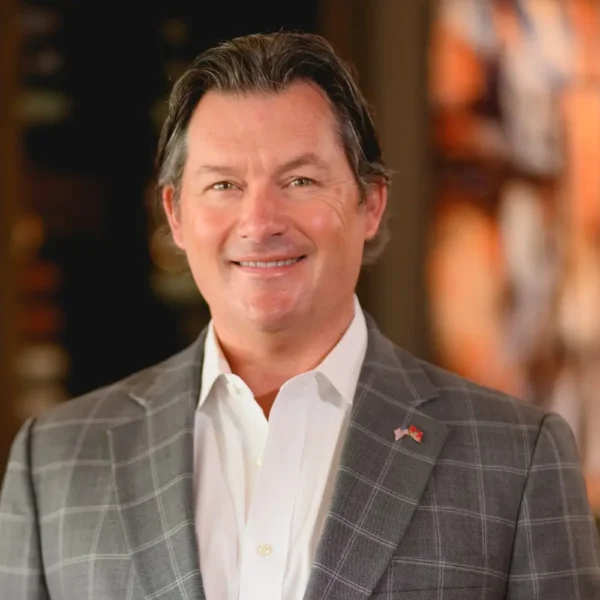Thank you for your…service?
Here are 3 ways to feel good about thanking veterans for their service

Veteran’s Day is in the rearview mirror for another year, and once again veterans received an outpouring of public gratitude for our military service. Truly, we are fortunate to live in a time where “thank you for your service” is the norm versus being spat upon (yes, younger Americans, this was the norm in the 1960s and 70’s).
My Confession
I have a confession to make, though. Until recently, “Thank you for your service” never really registered with me as being sincere. Cynically, it seemed like a fad. It’s as if people felt guilted into saying something, so we arrived at a point where the words just rolled off of people’s tongues with the same ease as ordering a non-fat, two-pump, extra-hot, vanilla latte (I don’t know if that’s a real drink, but it sounds cool to say).
As life goes, however, time and experience give us room to reflect. What I perceived as others just checking a box was actually my own guilt and insecurities. I didn’t join the Marine Corps out of a patriotic fervor; I joined the Corps because I was lost.
In 1989, Dean Shearer of Spring Hill College called me into his office after my name came across his desk one too many times (and for the wrong reasons). I’ll never forget that moment when he very simply stated, “Mr Boeding, I don’t think we’re ready for one another.” The details and the impact of that story are for another time, but the point was that he was right; I conceded to his “guidance” and soon joined the Marines as a result. (Thank you, Dean Shearer, wherever you are).
Reconciliation
I suppose this is why I never felt comfortable with receiving “thank you for your service” because my service didn’t feel genuine the way I thought people meant it – my reasons for serving were far more selfish than that. Over time, however, I’ve learned to be more kind to myself because I could have chosen a less noble path. I could have chosen something easier that served no one but me. The dad in me finally said, “It’s okay, son. The opportunity presented itself, you took that road, and you did something positive with your decision. Most important, it benefitted others.”

The lesson that time has bestowed upon me is an understanding that saying “thank you for your service” is often equally uncomfortable for those who never served. This feeling comes from a different place for each person, but now that I’ve looked past my own issues I can clearly see it. If you are uncomfortable, don’t be. Just take these three things into account and you’ll be doing more than most.
1. Saying “thank you for your service” is a great start, but…
don’t stop there. Ask them about their service. Ask them if they would share a little with you. A lot of veterans (especially those who served in combat) have very full emotional buckets. Giving them the opportunity to share the most fleeting of memories is the best thing we can do as civilians, and it’s one of the main reasons I started the Lessons From The Front podcast. However brief some of these memories are, they can be VERY heavy.
If the veteran is not ready to share, they’ll let you know and you should respect that. Most importantly, never ask a veteran if they killed someone…just ask them to tell you about their service and the veteran will take it from there.
As a bonus point, thank their families, too. We have a saying in the Marine Corps: “If you think it’s tough being a Marine, try being a Marine’s spouse.”
2. Remember those who never got to take off the uniform.
Veterans Day is for those of us who got to come home to our families; Memorial Day is for those who didn’t. It’s important to remember that we only recognize Memorial Day once a year, but for these veterans who lost a brother or sister in service, it’s every day of the year.
When you ask them about their service, it’s okay to ask, “Can I help you carry the memory of anyone you served with?” It’s a debt we mainly owe to the families of the fallen, but the bond developed in the military is every bit as strong as family. It’s why Carry The Load was started.
3. It’s not too late to serve.
I don’t mean in uniform; not everyone was meant to serve in uniform, and that’s okay. What’s important is that we recognize the need to give more than we receive, and to serve one another – always. Charities, churches, chambers…it doesn’t matter. Schools, neighbors, government…just serve others so that they can be better.
I have shared deep conversations with veterans who sacrificed much to include those who have literally jumped on a grenade for their brothers. As a society, we recognize them with medals. As individuals, we owe them more. They paid the rent on the freedoms we cherish and often take for granted. They paid for our privileges…our job is to earn it each day.
